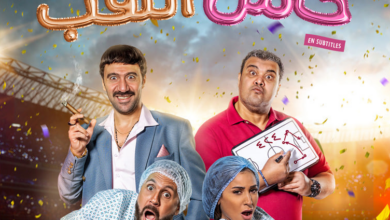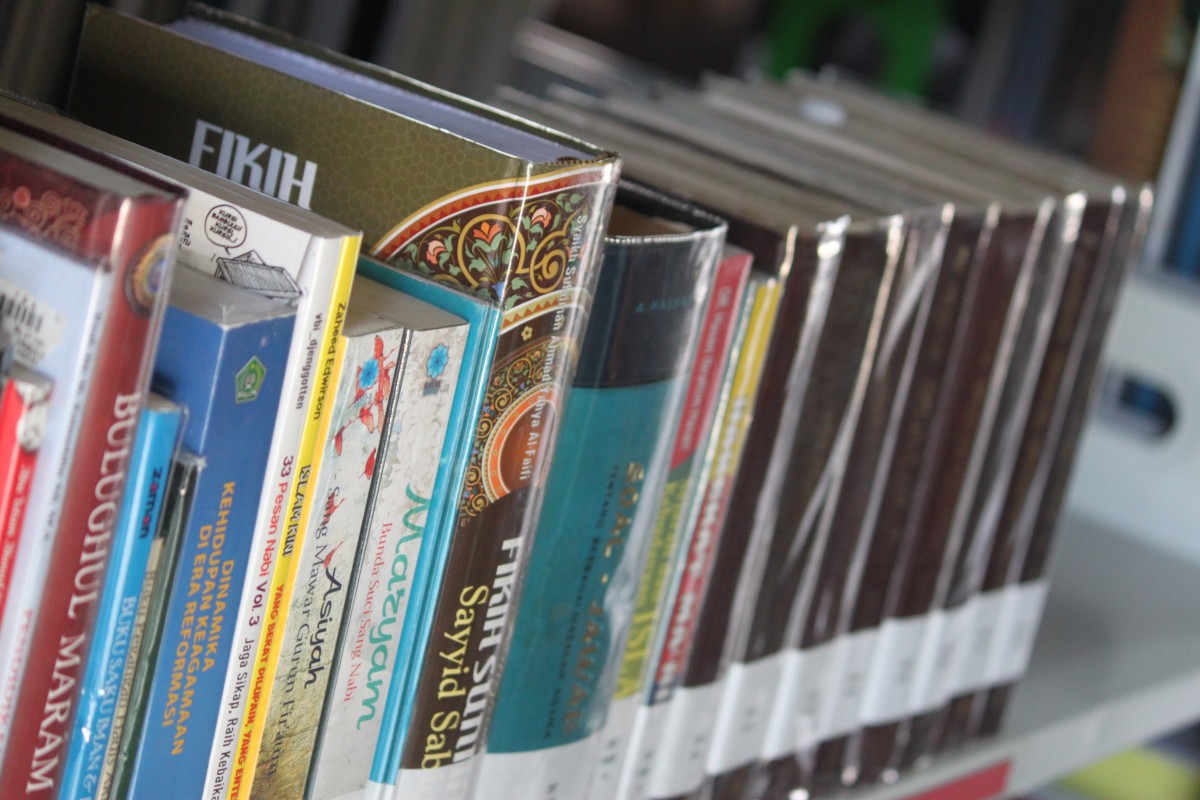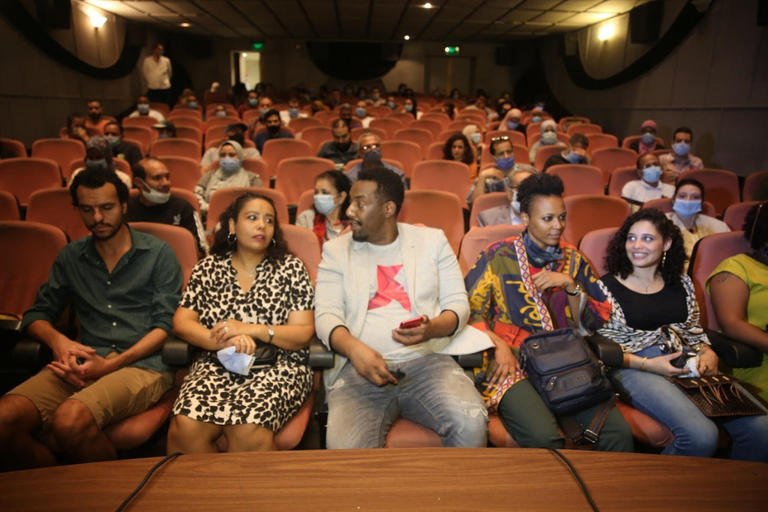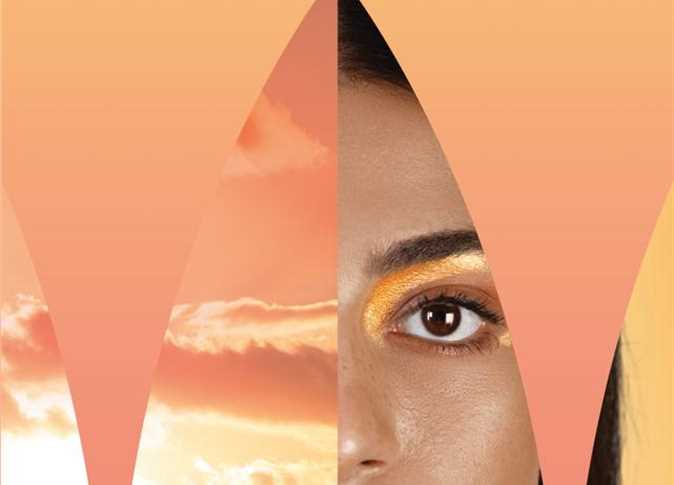The Arab Shorts Film Festival began as a one-time event in 2009, but caught on strongly enough that this Thursday will mark the beginning of its third edition. And according to artistic director Marcel Schwierin, “This year the festival is bigger than ever. We will have more programs, and we have invited more curators.”
The festival is organized in separate programs, each assembled by a curator or pair of curators from across the Arab world: Egypt, Algeria, Tunisia, UAE, Jordan and Palestine. As the festival has progressed curators have been given increasingly open parameters for making their selections. In the first festival, programs were confined to the curator’s country of origin, but in the second, the organizers decided to eliminate such distinctions and instead provided curators with guiding themes. This year, curators are again free to choose films from any country, and to choose the themes themselves. The very concept of what constitutes an “Arab” film is also open to interpretation. “It does not have to be produced in an Arab country, it can be that the director is Arab, or that it is about an Arab topic,” says Schwierin.
This year’s festival program will include a wide range of films, from straightforward documentaries to art films that typically find their home in galleries. Schweirin explained that the festival was organized intentionally to bring together films usually found in separate venues.
Schweirin adds that, “In the first edition we were not aware how separate video art and short films were [in Egypt]. We recognized that in Egypt we needed to invite two curators.”
The two Egyptian curatorial teams – Ayman Hussein and Hala Galal, and Sarah Rifky and Maha Maamoun – do indeed represent distant corners of the filmmaking spectrum. Hussein and Galal run the filmmaking center Semat, and are both grounded in traditional documentary filmmaking. Rifky, on the other hand, has gained international recognition as an innovative curator, and Maamoun is herself an artist who works primarily in video and photography. The programs reflect the curators’ divergent backgrounds.
Rifky and Maamoun went about constructing their program, entitled “A State of Fluidity,” by looking for films that expressed “a certain emotional or mental range, or wavelength,” according to Maamoun.
“We did not define a subject that we were looking into. It became more like we were trying, without saying so much, to identify a psychological state,” she explains.
Rifky’s and Maamoun’s process was as fluid as the mental state they were seeking to express.
“We were brainstorming, throwing videos together, seeing what connected and what did not,” says Maamoun.
The curators fully embraced the openness of the festival’s selection parameters, and the program they ended up assembling includes artists from Cyprus and Germany, as well as Egypt and Lebanon, and works made between 2005 and 2010, but no films from this past year.
According to Maamoun, the lack of very recent works was simply circumstantial.
“We were not really thinking specifically about including new work. There may have been some new things that we found, but they did not fit in with what we were trying to do,” says Maamoun.
Despite this, Rifky and Maamoun were influenced by 2011’s political upheaval. “This title, ‘State of Fluidity,’ is connected to the state of things after the revolution. Those words were how we were describing that time.”
Galal’s and Hussein’s program, however, is much more explicitly connected to current events, and is assembled in a more straightforward manner. Their program deals more exclusively with revolution than almost any other program in this year's festival. All but one of the films they chose were made in 2011, with a general focus on day-to-day life in Egypt after 25 January, as well as the conditions that led to revolution.
Hussein said it was a considered decision to draw films only from Egypt, despite having the freedom to select films from other locations.
“Based on what was happening, and all of the new work we had been exposed to here, we decided that we wanted to focus on films from Egypt,” says Hussein.
Hussein and Galal wanted to address what they perceived as a marked increase in documentary filmmaking over the past year.
“More documentaries are being made now, and the styles are different,” says Hussein. “Young people no longer have this concept that there is one correct way to do things.”
While in comparison to the other curatorial team Hussein and Galal might be given the label of “traditional” filmmakers, they designed their program to question the concept of documentation and representing reality. In their curatorial statement, they write, “There is always truth in fiction and a lot of reality is too unacceptable to be conceived as true.”
In their program, entitled “Personal Freedom, Fiction within the Truth,” Hussein and Galal are interested in films that investigate specifically the ways that people express their personal freedom, and how this has changed or not changed since January. “The idea is that personal freedom is important, but does it exist?” asks Hussein.
Their program promises to examine post-25 January Egypt with a selection of very new films that have not been previously screened, and hopefully to present a more complicated perspective than the repetitive revolution dialogue screened recently at the Alexandria Film Festival.
Arab Shorts will take place at the Goethe Institute in downtown Cairo, 5 Bustan Street, from 27 to 31 October. Further information as well as programs and schedules are available online.




